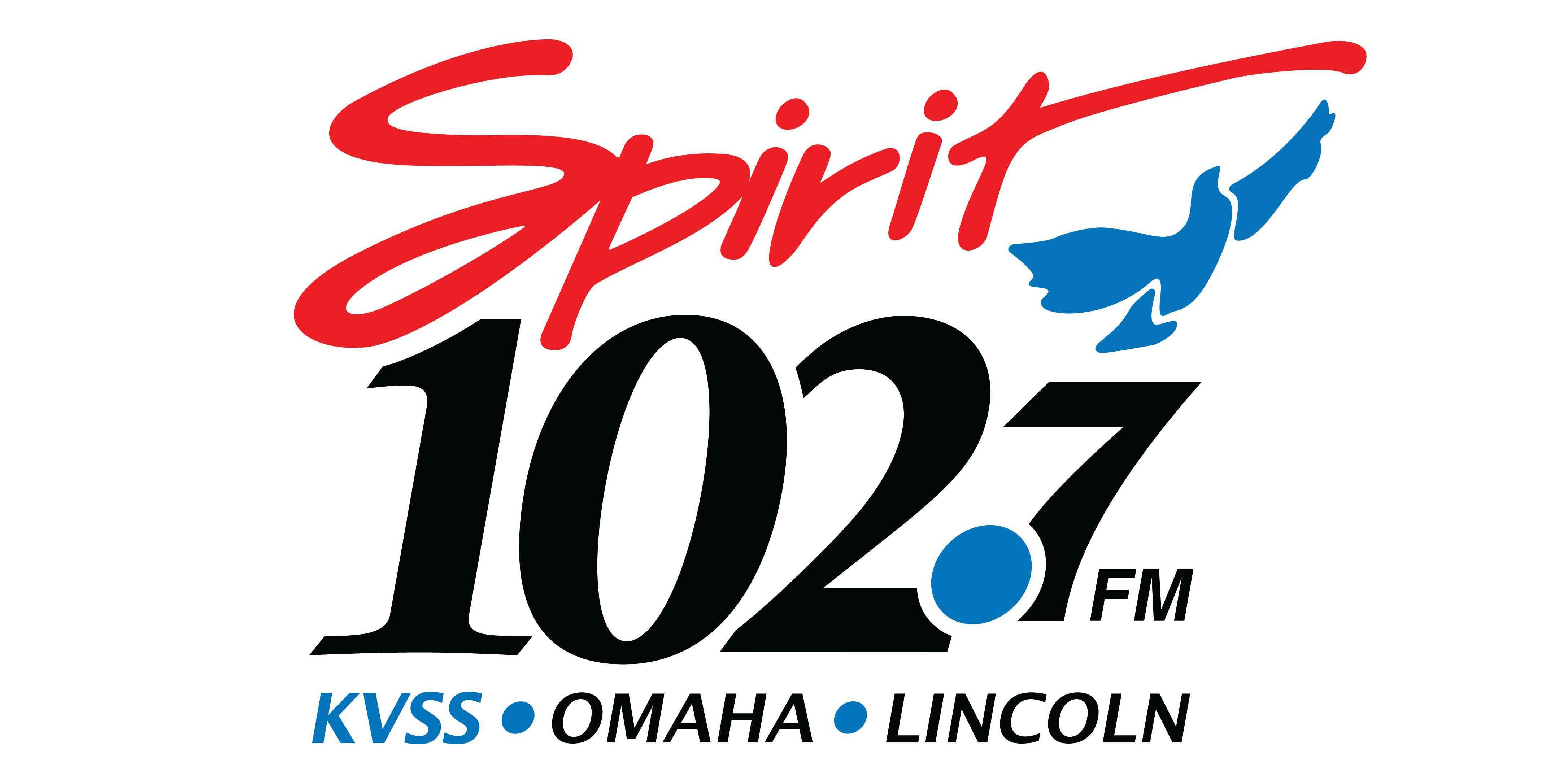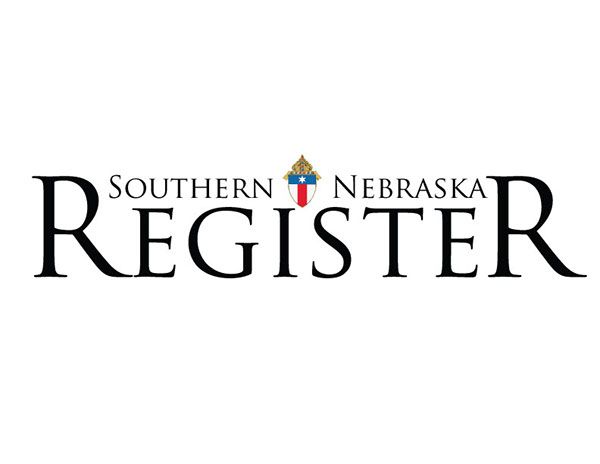Before full legislative debate begins on LB626, the Nebraska Heartbeat Act, it would serve us well to recap what LB626 does and to respond head-on to the argument—made time and again by opponents—that this bill will prevent doctors from providing appropriate medical care to women. In fact, if it passes, LB626 will make Nebraska’s pro-life laws the most generous to doctors in the United States. We will examine that below.
But first, to recap: LB626 would require an ultrasound be performed any time an abortion is requested, to check for the presence of a heartbeat. If the baby has a heartbeat, that baby is protected from abortion. Aborting the baby would result in the doctor losing his or her medical license.
As I addressed in an earlier column, there are exceptions in the bill for rape, incest, and for interventions (including even direct abortions) to save the life of the mother. LB626, while not providing full protection for preborn babies in Nebraska, could stop up to 85% of the abortions done in our state—about 2,000 babies per year.
Let’s proceed to our opponents’ objection—that LB626 will prevent doctors from providing appropriate medical care. This is not true, but it is an argument that we must take seriously.
First, the assertion that pro-life laws would outlaw miscarriage or ectopic pregnancy treatment has been made for many years. It has been made so insistently that much of the general public, who have never read the legislation they criticize, believes it—including, it pains me to say, some in the medical profession.
LB626 specifically states that treatments for miscarriage and ectopic pregnancy are not to be considered abortions. It should not be necessary to state this in the law, especially regarding miscarriage, since the baby has already died. But apparently it has become necessary to spell that out, and LB626 does.
What about other complications? Readers may have heard a story out of Texas where a pregnant woman had a premature rupture of membranes and there was concern she would be at high risk for hemorrhage or sepsis. According to the American College of Obstetricians and Gynecologists and the Society for Maternal-Fetal Medicine, “termination of pregnancy” or induction of labor and administration of antibiotics to prevent infection would have been appropriate in that situation. The hospital, however, citing Texas’ pro-life laws, reportedly said it could do nothing unless and until she became septic.
These doctors endangered a patient’s life because of their ignorance of the law. Texas’ abortion laws allow for doctors to intervene and even perform direct abortions where a reasonably prudent physician, knowledgeable about the case, would determine the woman’s condition puts her at risk of death or poses a serious risk of impairment of a major bodily function. Everything we know about this woman’s situation—hemorrhage and sepsis are potentially life-threatening—indicates the doctors could and should have intervened. Induction of labor, in any event, is not an abortion. This case was an unnecessary tragedy on several levels—one that was not caused by Texas’ law, but by willful ignorance of it.
But what about Nebraska? As I stated above, LB626 would make our pro-life laws the friendliest and most generous to doctors in the country. Here’s what I mean.
Every pro-life law in the country has criminal penalties for abortionists. LB626 does not—if an elective abortion after the presence of a heartbeat is performed, the penalty is loss of medical license.
Second, many pro-life laws also allow the woman or other members of the preborn child’s family to sue the abortionist when an illegal abortion is performed. LB626 does not.
Third, LB626 allows for a physician to intervene after a heartbeat is detected—and even perform a direct abortion—if a reasonably prudent physician could—not would, but could—determine that the woman has a condition that necessitates the termination of her pregnancy to avert her death or for which a delay will create a serious risk of impairment of a major bodily function. No abortion statute in the United States provides such a wide safe harbor for a physician’s judgment.
Fourth, doctors accused of violating the law—performing an elective abortion after a heartbeat is detected, and where it is alleged no reasonably prudent physician could have determined an abortion was necessary—are held accountable by their peers in the medical profession, not by the courts. Their case would be heard by Nebraska’s Chief Medical Officer—a doctor—in consultation with the Board of Medicine and Surgery—also doctors.
At the hearing for LB626, three practicing maternal-fetal medicine specialists from Nebraska testified that no doctor providing best practices has anything to worry about should LB626 pass. Remember that when you hear opponents’ arguments in the coming weeks.







